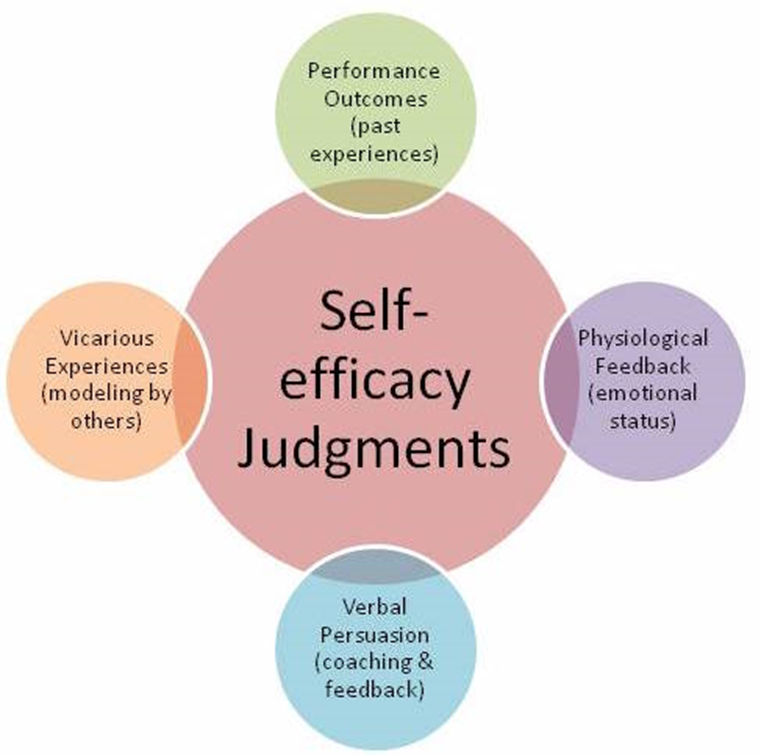This individual is successfully coping with new social and school interactions. What psychosocial stage is the individual experiencing?
Trust vs mistrust
Autonomy vs shame and doubt
Initiative vs guilt
Industry vs inferiority
The Correct Answer is D
Choice A reason: This is not the correct stage. Trust vs mistrust is the first psychosocial stage, which occurs from birth to 18 months. The main task of this stage is to develop a sense of trust in the caregivers and the environment.
Choice B reason: This is not the correct stage. Autonomy vs shame and doubt is the second psychosocial stage, which occurs from 18 months to 3 years. The main task of this stage is to develop a sense of independence and self-control.
Choice C reason: This is not the correct stage. Initiative vs guilt is the third psychosocial stage, which occurs from 3 to 6 years. The main task of this stage is to develop a sense of initiative and creativity.
Choice D reason: This is the best answer. Industry vs inferiority is the fourth psychosocial stage, which occurs from 6 to 12 years. The main task of this stage is to develop a sense of competence and achievement in social and school activities.
Nursing Test Bank
Naxlex Comprehensive Predictor Exams
Related Questions
Correct Answer is A
Explanation
Choice A reason: This is the best answer. Parallel play is a type of play that occurs when toddlers play near each other, but not with each other. They may use similar toys or activities, but they do not interact or share. Parallel play is a normal and common stage of play development for toddlers, as they are still learning to socialize and cooperate with others.
Choice B reason: This is not a likely type of play for toddlers. Use aggressive interactions is a behavior that involves hitting, biting, pushing, or yelling at other children. It may occur when toddlers are frustrated, angry, or jealous, or when they do not have the language or social skills to express their feelings or needs. Use aggressive interactions is not a desirable or appropriate behavior for toddlers, and it should be discouraged and corrected by adults.
Choice C reason: This is not a likely type of play for toddlers. Demonstrate fear is an emotion that involves feeling scared, anxious, or nervous about something. It may occur when toddlers are exposed to unfamiliar or threatening situations, people, or objects. Demonstrate fear is not a type of play, but a reaction that may prevent toddlers from playing or exploring.
Choice D reason: This is not a likely type of play for toddlers. Join in with the other children is a type of play that occurs when toddlers play together, cooperate, and share. They may use the same toys or activities, and interact with each other. Join in with the other children is a more advanced stage of play development for toddlers, as it requires more language and social skills. Most toddlers are not ready for this type of play until they are older.
Correct Answer is C
Explanation
Choice A reason: This is not the correct answer. Self-esteem is the degree to which the client values and respects themselves. It affects the client's confidence, satisfaction, and happiness. It is influenced by the client's self-image, self-efficacy, and self-awareness. A client who believes they have the ability and aptitude to successfully complete a task may have a high self-esteem, but it is not the same as self-efficacy.
Choice B reason: This is not the correct answer. Self-concept is the overall perception and evaluation of the client's self. It includes the client's self-image, self-esteem, and self-efficacy. It is influenced by the client's personal, interpersonal, and environmental factors. A client who believes they have the ability and aptitude to successfully complete a task may have a positive self-concept, but it is not the specific term for their belief.
Choice C reason: This is the best answer. Self-efficacy is the confidence in one's ability to accomplish a specific task. It affects the client's motivation, performance, and persistence. It is influenced by the client's past experiences, vicarious learning, verbal persuasion, and emotional arousal. A client who believes they have the ability and aptitude to successfully complete a task has a high self-efficacy.
Choice D reason: This is not the correct answer. Self-image is the way that the client perceives and describes themselves. It includes the client's physical, psychological, social, and spiritual attributes. It is influenced by the client's self-esteem, self-efficacy, and self-awareness. A client who believes they have the ability and aptitude to successfully complete a task may have a positive self-image, but it is not the same as self-efficacy.

Whether you are a student looking to ace your exams or a practicing nurse seeking to enhance your expertise , our nursing education contents will empower you with the confidence and competence to make a difference in the lives of patients and become a respected leader in the healthcare field.
Visit Naxlex, invest in your future and unlock endless possibilities with our unparalleled nursing education contents today
Report Wrong Answer on the Current Question
Do you disagree with the answer? If yes, what is your expected answer? Explain.
Kindly be descriptive with the issue you are facing.
